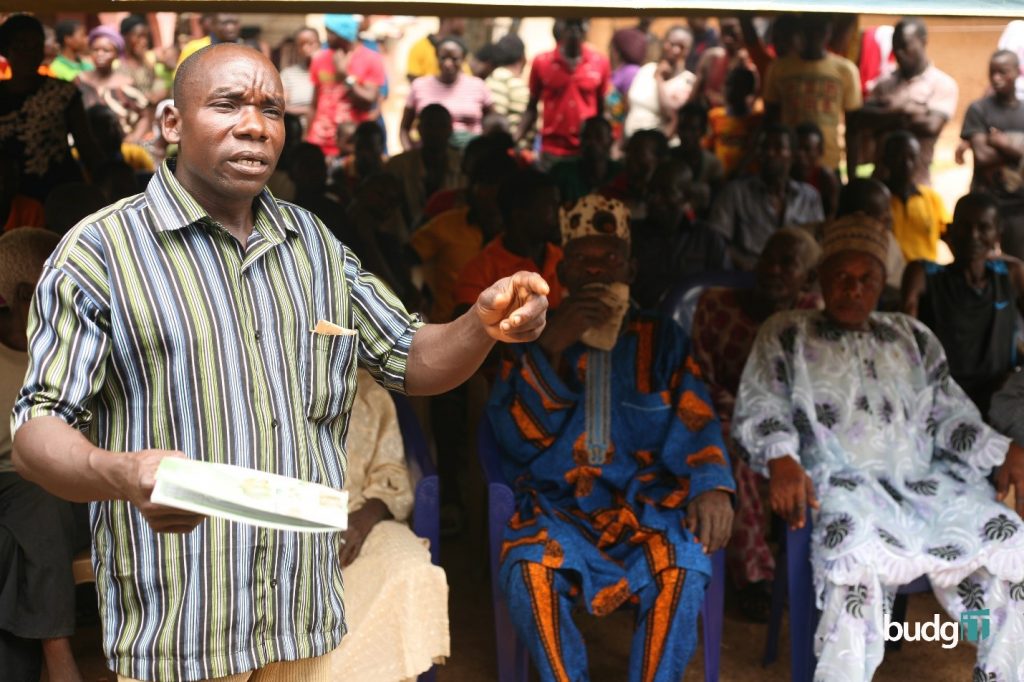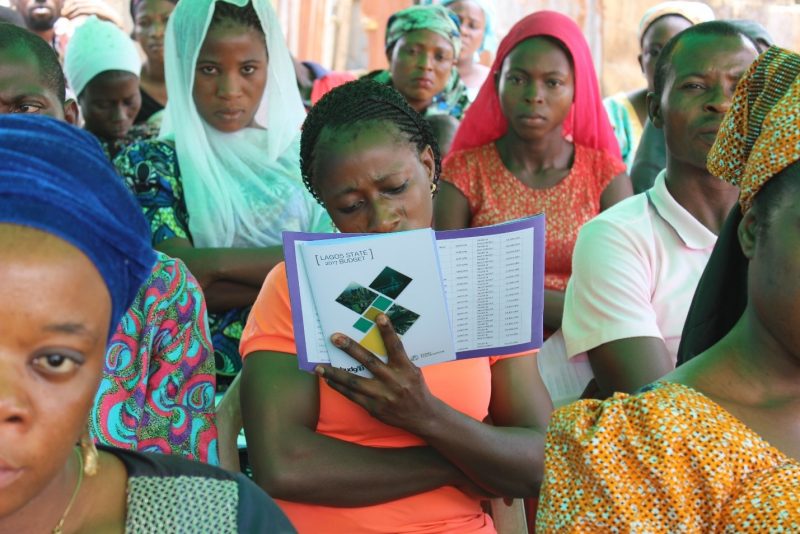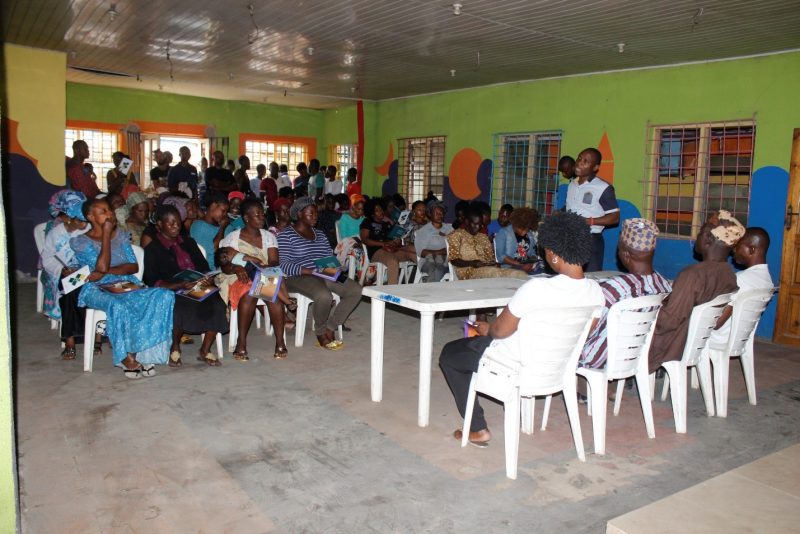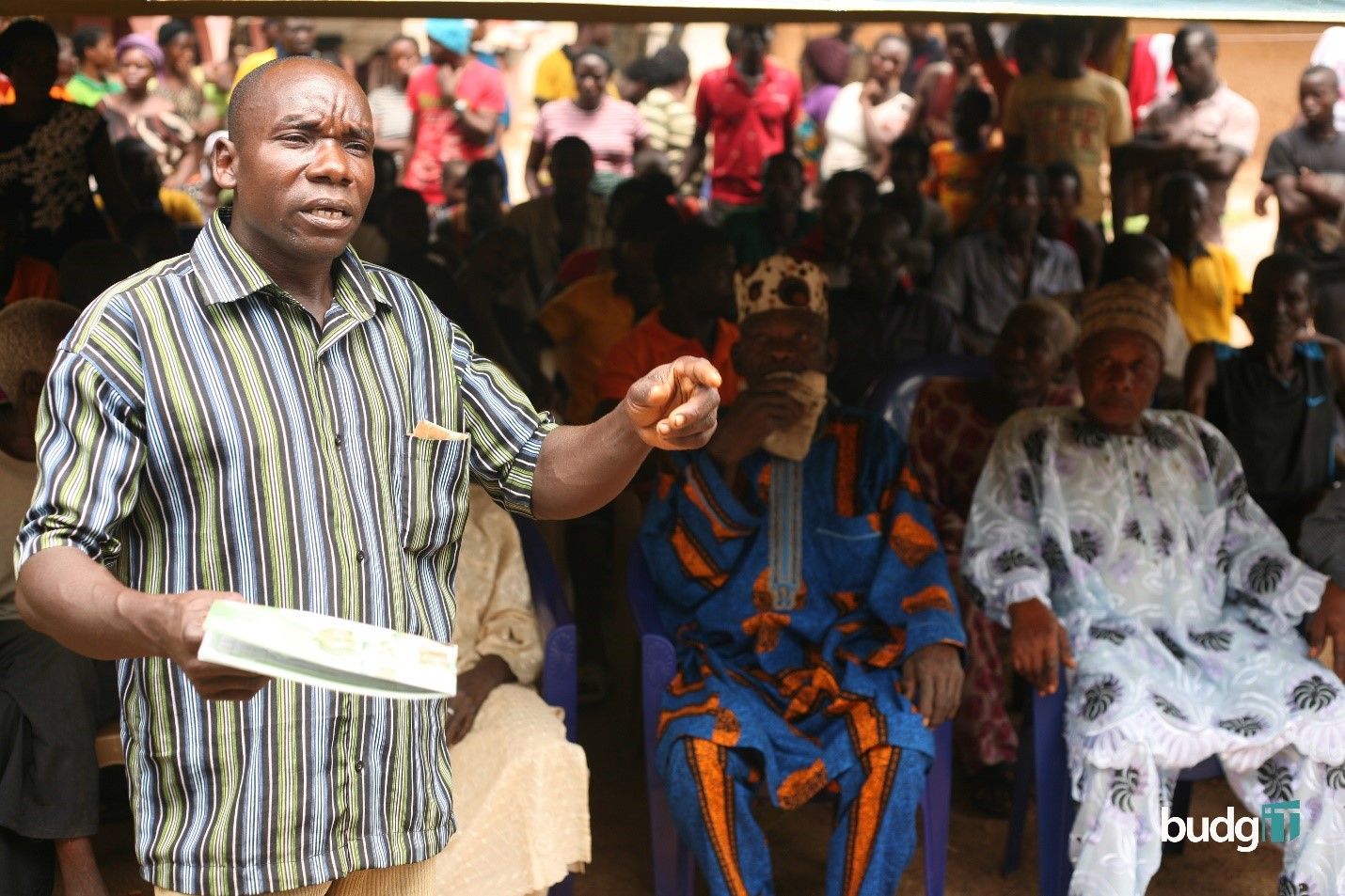
Nigeria is known as the “poverty capital of the world” – a title implicitly bestowed by the Brookings Institute, in a recent report citing data from the World Poverty Clock. This inglorious title is difficult to reconcile with the huge revenues Nigeria has received from extracting rent from hydrocarbons. However, the staggering highs in unemployment and illiteracy rates raise questions about the free rein given to public officers to handle public funds without an accountability mechanism.
Nigerian CSOs are rising to meet this challenge, with networks of like-minded organizations working together to strengthen accountability. CSOs are also realizing that data is an important tool in combatting the pattern of impunity; not just in advancing their individual work, but that accessing and making good use of public spending data can contribute to the public good. Pockets of civil society, particularly those tackling corruption, are increasingly seeking ways to build their capacity to access and use this data and fully realize its potential.
A leading example emerging from this trend, coupled with the rise of social media, the publication of budgets from the Budget Office and the launch of the Co-Creation Hub (Nigeria’s foremost social innovation space), a hybrid civic organization which molds technology with public finance advocacy – BudgIT. Founded in 2011, BudgIT has worked to make the Nigerian budget a social discourse, distilled to simple levels that can be interrogated irrespective of citizens’ literacy level. BudgIT has reached over 10 million Nigerians through different channels and has revolutionized national interest in the budget, seen as the second most important document in the country after the constitution.
Transparency and Accountability Initiative’s data use deep dive encouraged us to reflect on some of the key challenges and questions we navigate in our work. Below, we dig into ways we harness data to communicate with the public to create change and increase government accountability.
1. How does BudgIT connect with the diverse perspectives of our audiences?
Acknowledging the challenge in reading public budgets (across low to middle and even sections of high- income earners), BudgIT combines data, design, and technology to craft infographics that engage with citizens. We have developed over 1,200 infographics on different topical issues related to public finance and neighborhood projects. It is important that infographics be tailored to the audiences’ intelligence level and be available in local languages via townhall meetings. The simple goal has been to provide ordinary Nigerians with an opportunity to articulate their voices to engage and demand effective service delivery from their public office holders.
2. After simplifying the budget, how does BudgIT show a pathway to action?
Beyond providing the budget in simple designs and sharing it through diverse approaches – social media, community town halls, radio, television – we ask: what will the citizens do with this information? This art of questioning led us to the creation of our service delivery monitoring tool known as Tracka. Tracka is a community of active citizens who share updates on public projects within their communities, and this creates a pathway to use irrefutable information to demand accountability. Tracka has tracked 15,723 projects and has ensured the completion of over 426 projects through facilitating various modes of communication between local residents, community champions, tracking officers and the responsible government officials.

3. How can groups such as BudgIT connect citizens with the government?
At the heart of our work is the desire to facilitate the formation of feedback loops within a democracy. The reality has been that politicians desert citizens after winning elections, an approach that local media have ingloriously termed “the brothel arrangement.” Working with our partners, we are working to roll back years of poor understanding of the terms of every social contract within a democracy, and to enable citizens to grow into their role as part of the democratic system. Our collective work within communities goes beyond access to the budget; it is to strengthen civic understanding of accountability and put the demand for service delivery in the core of that.

4. How does BudgIT work with government without losing their voice?
As an organization, we have also worked with government institutions in different areas which include capacity building on design, technology support and reform agenda programmes. We are driven by the recognition that as much as the citizens need help, government institutions also need assistance to improve their capacity to engage with the public. We work with institutions at Federal and State level but maintain our neutrality and dignity because we have always stayed on the side of data. At BudgIT, we simply interrogate data, ensure that we interpret in the right context and propose solutions in a manner that advances society.
This blog was written by Oluseun Onigbinde.
